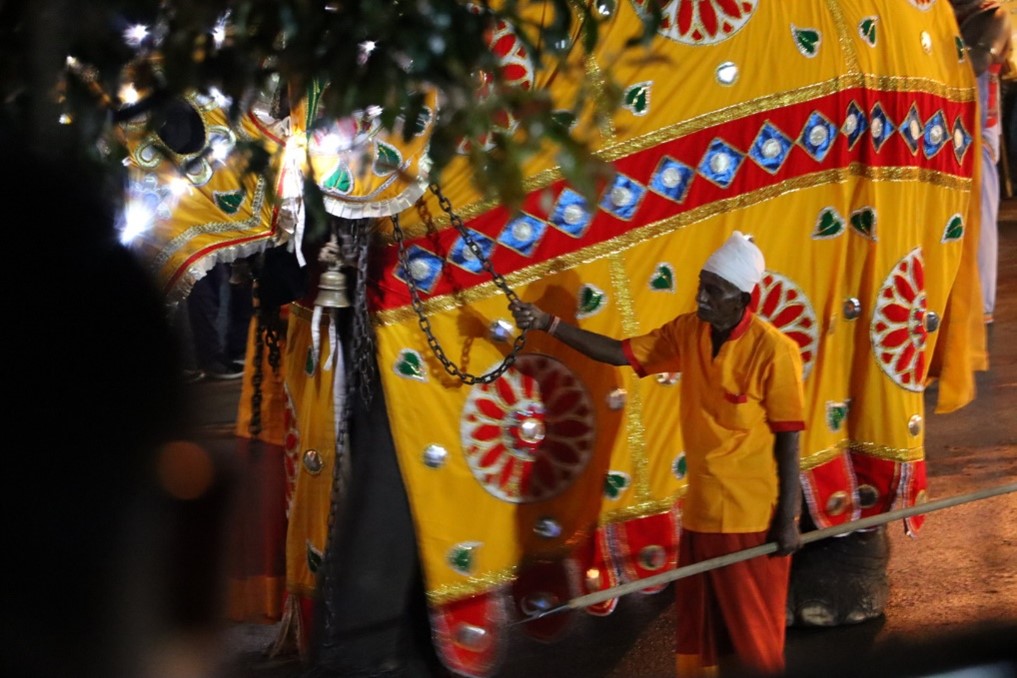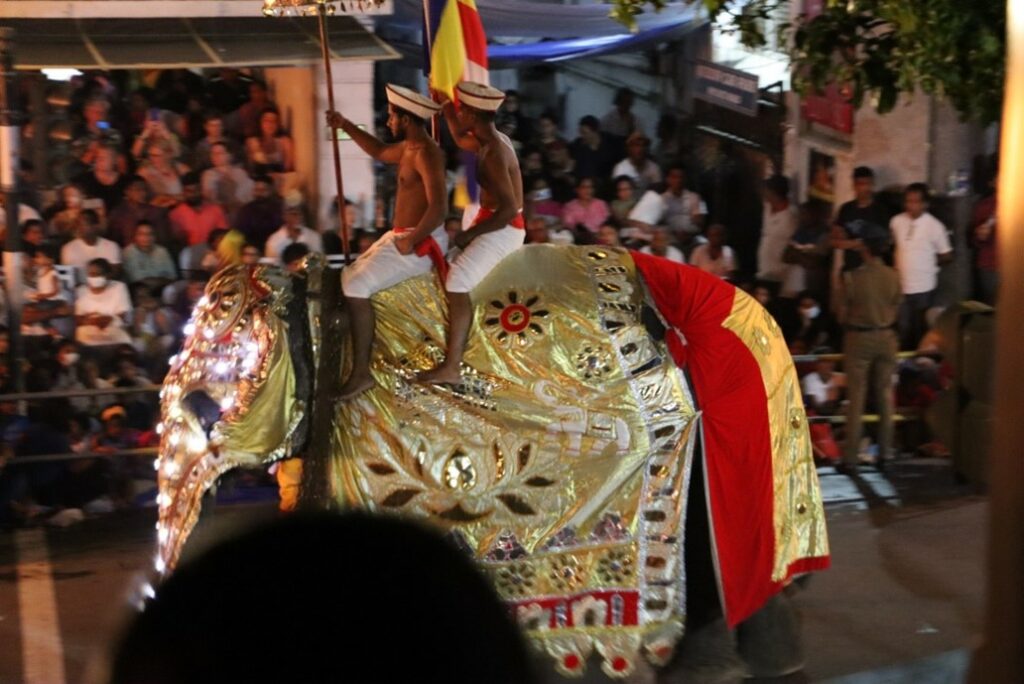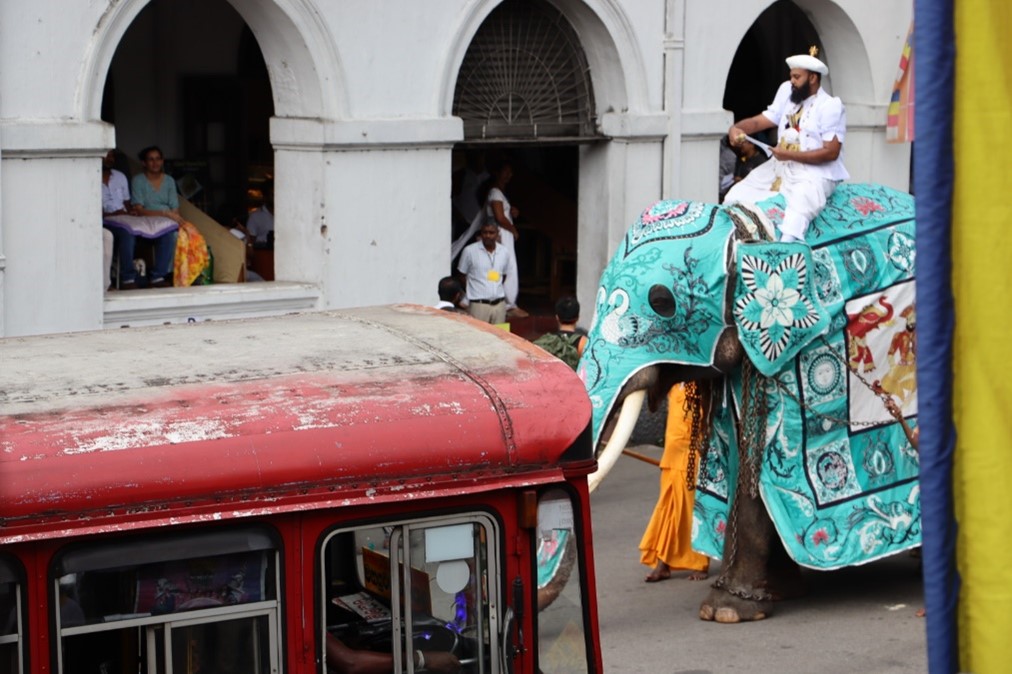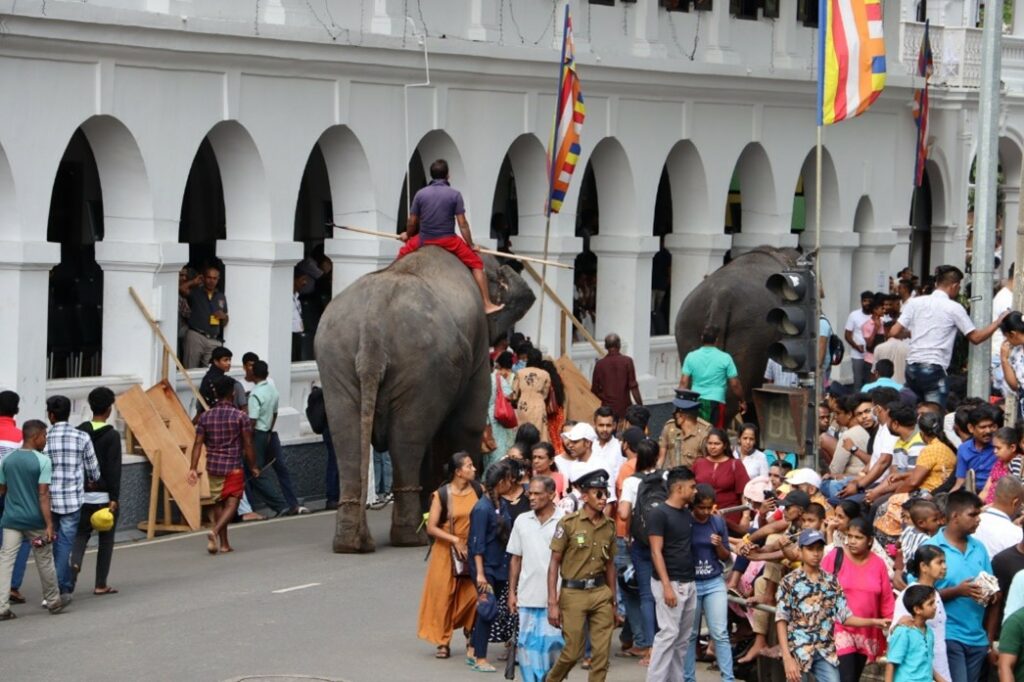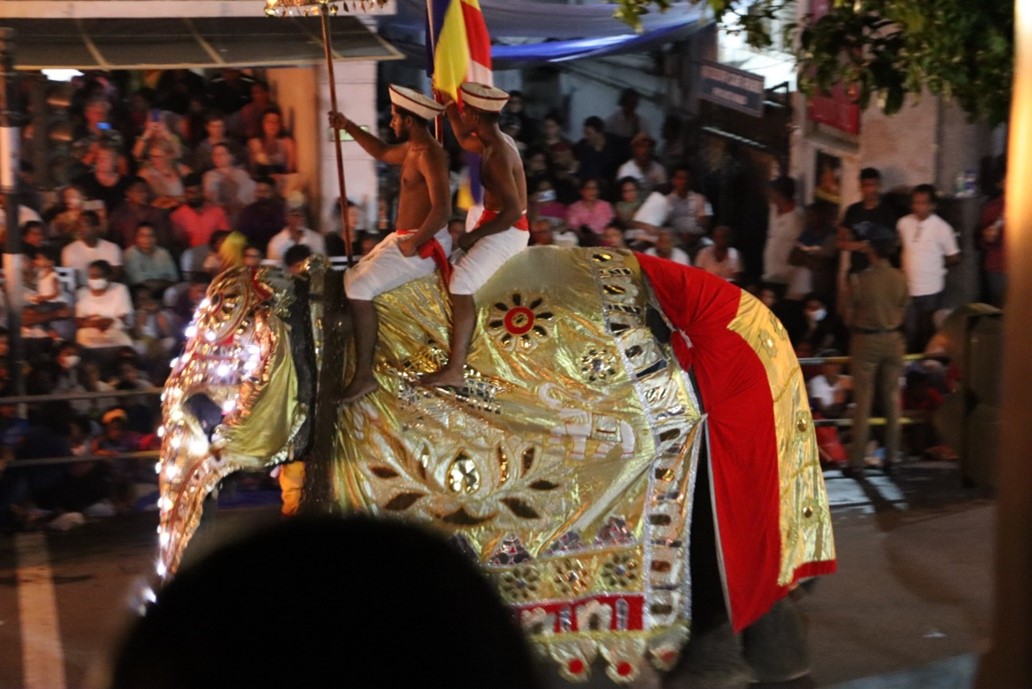Duncan McNair, CEO of Save The Asian Elephants (STAE) www.stae.org, launched a landmark initiative which in 2023 became landmark new law in the UK as the « Animals (Low-Welfare Activities Abroad) Act. This bans the UK advertising and sale of access to any practices outside the UK that abuse any vertebrate species in tourism or other commercial exploitation.
Now Duncan is leading some 200 charities and influential individuals from all walks of life in urging the British government to introduce regulations that give effect to these hugely important measures by publishing a list or forbidden activities. The aim is to steer the market from brutal to ethical, from deadly dangerous for animals and humans who are often injured and killed by animals provoked by torture to attack to safe and respectful – to genuine sanctuaries and wildlife parks.
In an Open Letter signed by 102 NGOs and others, WAJ joins this call urging the British government act without delay. We believe that the Animals (Low-Welfare Activities Abroad) Act adopted by the UK is a step in the right direction towards addressing the mistreatment of animals in tourist activities. We encouraged animal activists and advocates from Sri Lanka, India, and Nepal to add their voice to those from across the world in supporting the Act. Additionally, WAJ made submissions for three tourist activities known for having low welfare standards for animals. These include the Pinnawala Elephant Orphanage in Sri Lanka, the use of captive elephants in religious parades, and the use of camels in cultural fairs.
The Act stands to protect numerous species from extreme commercial abuse across the world – elephants, apes, big cats, bears, equines and camels, dolphins, orcas and other marine life, avians and many others – all vulnerable and many highly endangered. STAE is actively encouraging all nations harbouring a market in abusive animal-tourism to adopt such measures.
The Pinnawala Elephant Orphanage is a renowned tourist destination in Sri Lanka where many elephants are held in captivity. These elephants are compelled to wear chains and adhere to strict timetables, which include designated times for bathing, eating, etc. Tourists are permitted to take photographs with the elephants and are often deceived into paying for the opportunity to feed them with spoiled vegetables and fruits. Additionally, elephant tail hairs are sold to tourists at inflated prices by instigating superstitious beliefs.
Another infamous tourist practice involving elephants in Sri Lanka is religious processions. Elephants used in such processions are often separated from their mothers at a very young age and subjected to brutal violence and injury to break their confidence and will to become utterly compliant for easy use in tourism. They are forced to wear chains for their entire lives and made to carry people and heavy paraphernalia on their backs. Often, they are denied sufficient food, water, exercise, and companionship. They are scared and seriously wounded by the use of bull-hooks, forced to wear electrified clothing, and compelled to walk in processions amidst whip crackers, drummers, torchbearers, and massive deafening crowds. These practices clearly conflict with the internationally acknowledged five freedoms of animal welfare. Every year, many incidents are reported of elephants participating in such processions losing control and attacking their mahouts and crowds. Although such cruelty to elephants is unlawful in countries such as India, such laws are widely ignored.
There is an urgent need for action to protect the captive elephants in various cultural and tourist activities. It is high time that we reconsider cultural practices that harm animals physically and emotionally. The world can be made better for animals if we acknowledge that they are sentient beings.
As a first step, we invite all tourists visiting other countries to reconsider tourist spots and destinations. Whether it is a zoo, an aquarium, a circus, a farm, a safari tour, boat safari, religious processions, cultural fairs and activities, sledding, taking photographs with captive animals, animals should not be subjected to cruelty for the sake of entertainment or tradition. It is crucial for tourists to educate themselves about the welfare standards of the activities they participate in and choose responsible and ethical options. Never accept tours or holidays that involve direct interaction and contact with captive animals. By collaborating with organizations like Save the Asian Elephants (STAE) and Asia for Animals (AfA) and advocating for the welfare of animals in SE Asia and across the world we can raise awareness and work towards positive change.
We call on governments worldwide to prioritize the welfare of animals in tourism and cultural practices. This includes implementing regulations to ensure humane treatment, providing education and alternatives for tourists, and supporting initiatives that promote animal welfare. Together, we can make a difference and create a world where animals are treated with compassion and respect. The Animals (Low-Welfare Activities Abroad) Act is a huge step forward on that road.
Open-Letter from 102 Animals NGOs
About the Author: Dulki Seethawaka
From Sri Lanka, Ms. Dulki Seethawaka is WAJ international expert on animal welfare and rights law. She is the first Sri Lankan recipient of a full scholarship from the Lewis and Clark Law School in the USA, to study in the renowned Online LLM in Animal Law programme. Due to her dedication to this subject, she is WAJ leading expert in the actions taken for saving the Asian Elephants.
This article was coauthored by Duncan McNair, CEO of Save The Asian Elephants (STAE) www.stae.org, with WAJ sincere thanks.
Related articles :
PHOTOS CREDIT: Ms. Radhini Gawarammana
